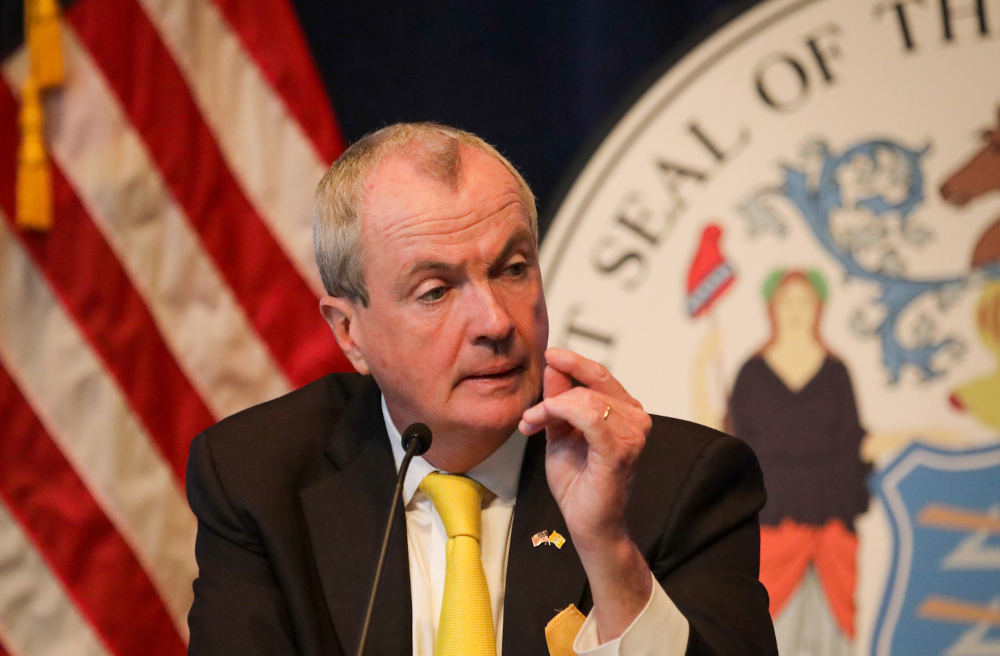The governor of New York recently signed legislation mandating that the state immediately reschedule or deschedule Schedule I drugs like MDMA and psilocybin if they’re reclassified under federal law.
The companion Assembly and Senate bills, signed by Gov. Kathy Hochul (D) late last month, are meant to “provide for parity between the New York State schedule and the federal schedule when certain drugs are approved for medical treatment,” a memo from the sponsors says.
Assemblymember Donna Lupardo (D) and Sen. Gustavo Rivera (D) sponsored the identical proposals in their respective chambers, carrying them through the committee process and to the floor with unanimous support. Hochul’s action was first noted by Lucid News this week.
While the newly enacted law applies to all Schedule I drugs, the sponsor memo explicitly references MDMA and psilocybin as examples of the types of substances that prompted lawmakers to advance the reform.
Now, if federal drug scheduling statute changes while the state legislature is out of session, the “drug products will be available for administration by medical providers to ensure that there are no gaps in services.”
—
Marijuana Moment is tracking hundreds of cannabis, psychedelics and drug policy bills in state legislatures and Congress this year. Patreon supporters pledging at least $25/month get access to our interactive maps, charts and hearing calendar so they don’t miss any developments.![]()
Learn more about our marijuana bill tracker and become a supporter on Patreon to get access.
—
The state health commissioner would be responsible for redesignating the substances “using regulatory action upon federal scheduling or rescheduling by the Drug Enforcement Administration (DEA),” the bill memo says, noting that the move aligns New York’s drug scheduling policy with 23 other states that already automatically comport with the federal Controlled Substances Act
“Without the statutory authority to automatically classify or reclassify certain drug products, New Yorkers might experience a delay in accessing and benefitting from federally approved breakthrough therapies, such as MDMA-assisted therapies for post-traumatic stress disorder or psilocybin treatment for depression,” the sponsors wrote.
The bill text itself is fairly straightforward, simply amending existing statute to say the commissioner “shall” take the scheduling action, rather than “may.”
Colorado’s governor signed a similar but more limited reform into law last year, making it so the state will legalize MDMA prescriptions pending a federal policy change.
Meanwhile, New York lawmakers are actively pursuing broader psychedelics reform for the 2023 session, with Assemblymember Linda Rosenthal (D) pre-filing legislation late last month to legalize certain entheogenic substances like psilocybin and ibogaine for adults 21 and older.
The proposal would amend state statute to make legal the “possession, use, cultivation, production, creation, analysis, gifting, exchange, or sharing by or between natural persons of twenty-one years of age or older of a natural plant or fungus-based hallucinogen.”
Rosenthal has taken special interest in psychedelic policy in recent years. For example, she filed a bill in 2021 that would have simply removed psilocybin and psilocyn from the state’s list of controlled substances, effectively legalizing the compounds.
But she revised that measure in October, filing language that is substantially similar to this latest legislation for the 2023 legislative session.
Rosenthal separately introduced a bill in 2021 that would create a “psychedelic research institute” tasked with studying the therapeutic potential of the substances for certain conditions and making policy recommendations.
She and Assemblymember Pat Burke (D), who sponsored another measure to legalize the medical use of psilocybin for certified patients in clinical settings, participated in a psychedelics symposium earlier this year and discussed their competing proposals.
Burke is expected to soon file a new version of his legislation, and believes he has enough votes to advance it out of committee, according to Lucid.
The new drug scheduling legislation was signed by the governor about a week before the state’s adult-use marijuana market launched.
Outside of New York, bipartisan lawmakers in a growing number of states have started pursuing psychedelics reform for the 2023 session, building on the local decriminalization movement that began in earnest in 2019 when Denver became the first U.S. city to enact the policy change for psilocybin.
Oregon voters approved a historic ballot initiative to legalize psilocybin for therapeutic use in 2020, and Colorado voters passed a broad psychedelics legalization and psilocybin services measure during the November election.
Now lawmakers are picking up the mantle, with psychedelics reform legislation in play in about a dozen states so far.
An analysis published in an American Medical Association journal last month concluded that a majority of states will legalize psychedelics by 2037, based on statistical modeling of policy trends.
Pennsylvania Governor Touts Hundreds Of Marijuana Pardons As He Leaves Office
Read the full article here


